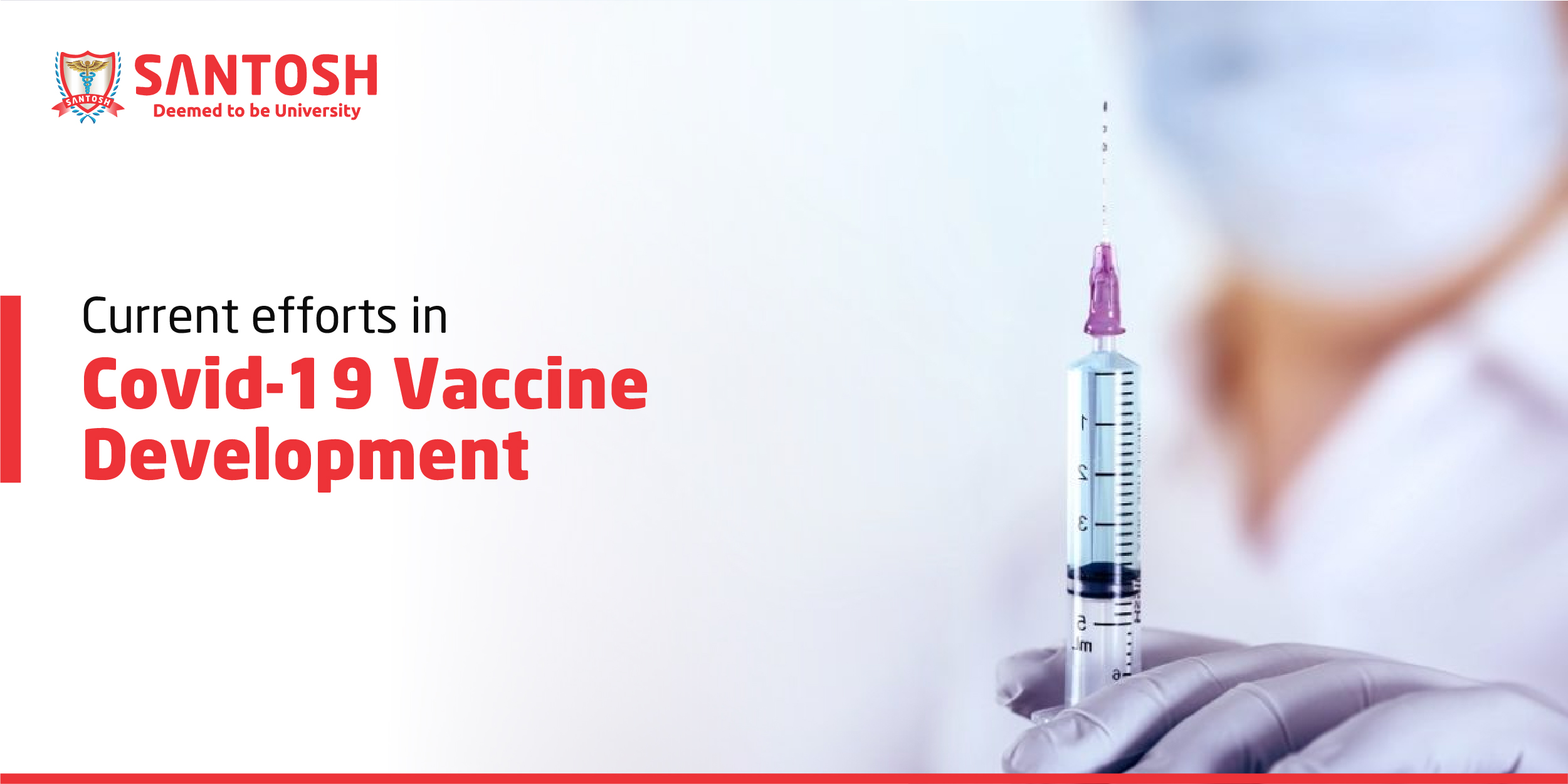
The human population is ever-increasing and aging. We continue to be challenged by emerging and re-emerging infectious pathogens. The world faces a new challenge: the COVID-19 outbreak.
As the disease continues to spread and place extreme pressures on healthcare systems, the economy and general society, one of the key questions circulating is: Will there be a vaccine and when? A definitive answer does not exist at present, but one thing for certain is that there are many efforts underway in this space.
Few technologies being explored are as under:
1. Vaccine based on weakened version of the flu virus
Scientists at the University of Hong Kong have developed a vaccine candidate based on a weakened version of the flu virus. It has been altered to express the surface protein of the SARS-CoV-2 virus; a method previously adopted in vaccine candidate development for MERS.
2. A measles vaccine vector
The Institut Pasteur are facilitating the development of a measles vaccine as a vector from which other recombinant vaccines can be designed to express antigens from other pathogens. "As part of the COVID-19 Task Force set up in January 2020, after our isolation of the coronavirus strains detected in France, the proprietary measles vector (MV) technology was chosen to develop a vaccine against SARS-CoV-2, leveraging our extensive experience with human measles vector technology and an MV-SARS-CoV-1.
3. mRNA: genetic remodeling
In January 2020, the National Institutes of Health (NIH) finalized the sequence for mRNA-1273, a vaccine against SARS-CoV-2. On March 16, the NIH announced the first participant in a Phase 1 study of mRNA-1273. CEPI funded the manufacturing of the first batch of the vaccine, and the open-label trial is anticipated to recruit 45 healthy adult volunteers, providing data on the immunogenicity and safety of mRNA-1273.
"mRNA is an emerging platform. Over the past few years, we have demonstrated its potential in vaccines across more than 1,000 subjects in our clinical trials. This includes successful early-stage (Phase I) clinical trials against five other respiratory viruses (two pandemic influenza strains, RSV, hMPV, and PIV3).
4. Nanotechnology: a new horizon
Late-stage biotechnology company Novavax develops next-generation vaccines for a variety of serious infectious diseases. The company's COVID-19 vaccine candidates were created utilizing its recombinant protein nanoparticle technology to produce antigens derived from the coronavirus spike (S) protein.